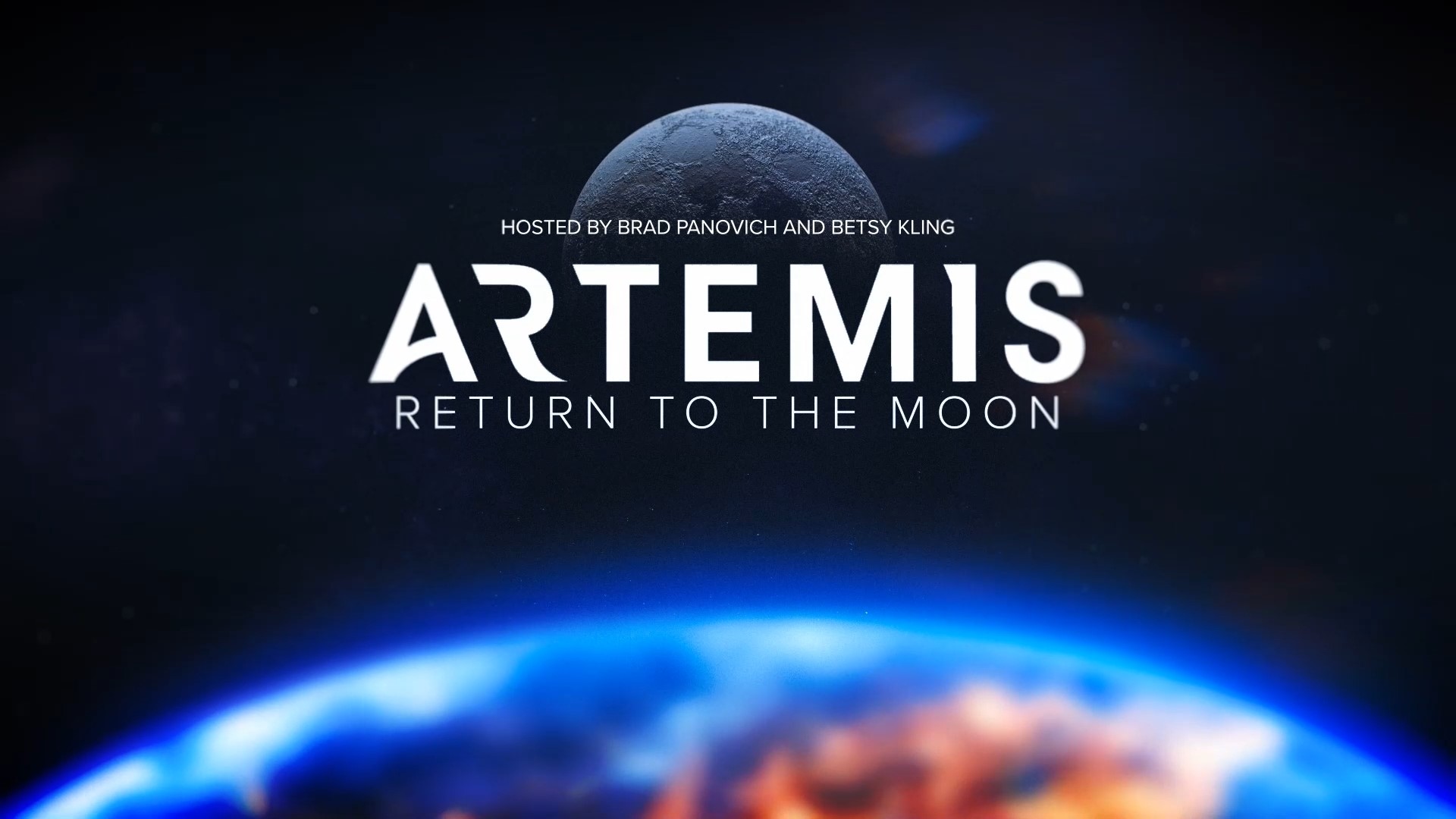HUNTSVILLE, Ala. — Thursday marks one year since a historic mission that put American aerospace technology back within reach of the lunar surface. On Nov. 16, 2022, NASA's Artemis 1 rocket launched into orbit. The Artemis, an unmanned rocket, was the first major flight from the rocket's namesake program, and a major step toward returning humans to the moon after the Apollo program decades earlier.
As NASA explains, Artemis was the first integrated flight test of NASA’s Deep Space Exploration Systems: the Orion spacecraft, Space Launch System (SLS) rocket, with the upgraded Exploration Ground Systems at Kennedy Space Center in Cape Canaveral.
Its launch was the successful culmination of several false starts; previous launches had been scrubbed due to technical issues including fuel line leaks, as well as inclement weather and tropical systems.
The mission lasted 25 days, 10 hours, and 53 minutes, traversing 1.4 million miles of space, before coming back to earth in a stunning splashdown event on Dec. 11.
The SLS rocket was designed in Huntsville, and large-scale test articles for the core stage of the rocket were transported to Huntsville for testing at the Marshall Space Flight Center, with a "pathfinder" version without fuel tanks was built by Dynetics' Huntsville team. The rocket's second stage was built by United Launch Alliance in Decatur.
Connecting parts were also built at MSFC. Avionics, or the "brains" of the rocket, were developed and tested at Marshall.
Due to North Alabama's intensive involvement in the development and deployment of the rocket, July 14, 2020 was declared "Artemis Day" by Gov. Kay Ivey.
North Alabama continues to contribute to the future of the Artemis program, in not just technology but also in personnel: 5-time Space Camp attendee Christina Koch has been named mission specialist on the Artemis II manned spaceflight crew.

